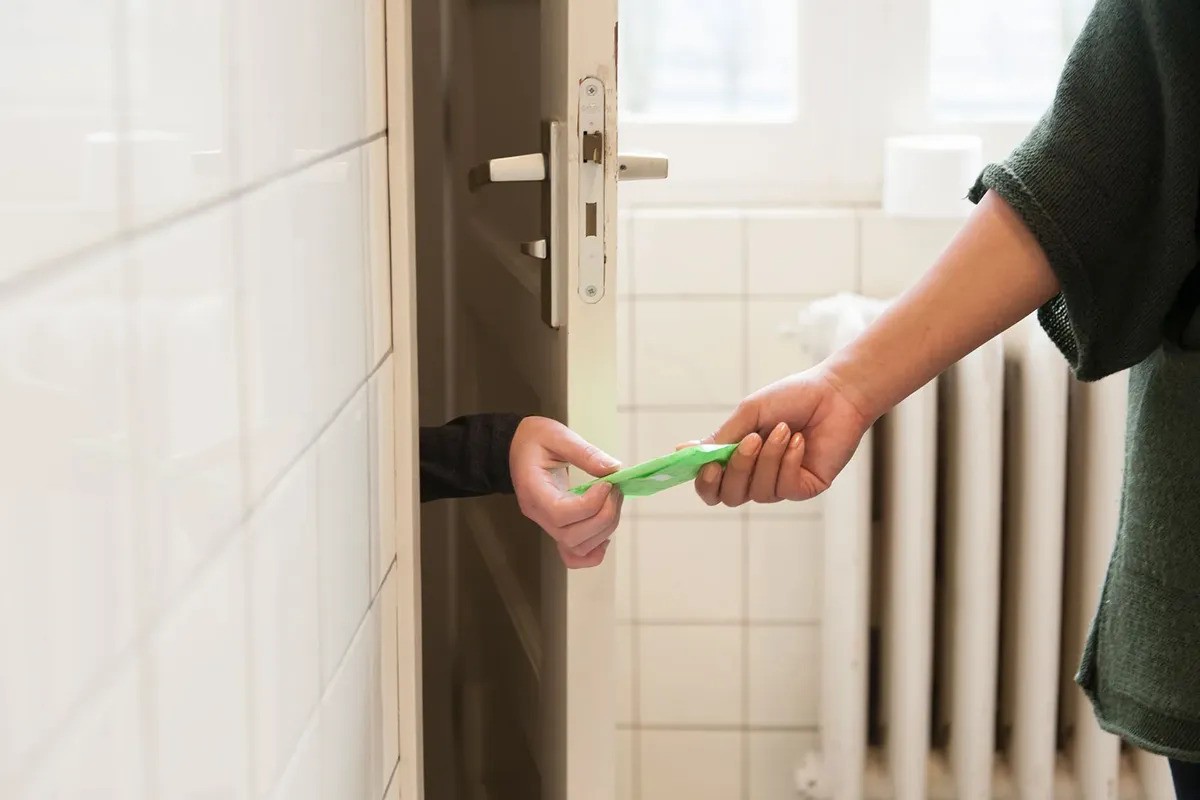
4 Myths About Menstrual Periods, BUSTED
Menstrual periods are often stigmatized, leaving many women and girls without the resources and proper knowledge of periods needed to ensure that their healthcare is both adequate and supported. Though many myths surrounding menstrual periods exist as a result of poor menstrual education, debunking these myths can help break the stigmas that surround menstrual periods (including harmful gender disparities), which can help those who menstruate to prioritize their health and wellbeing.
No Limit International is here to normalize healthy conversations about menstruation, ensuring that all menstruators can embrace their periods with dignity rather than shame. This article will discuss a few common myths about menstruation and the real truth behind menstrual periods.
Debunking 4 Myths About Menstruation
Myth #1: Period blood is dirty.
Fact: A typical menstrual flow consists not only of blood but also uterine lining (endometrial tissue), vaginal fluids, and other cells and hormones. These are all naturally produced by the body and expelled during menstruation, which helps the body to remain healthy. Menstruation also helps to cleanse the body of toxins and excess iron and regulate bodily hormones.
Though periods themselves are not dirty, poor menstrual hygiene can promote bacteria buildup, infections, and even more serious health issues, in some cases. The risks surrounding poor menstrual hygiene make menstrual health and education absolutely essential and stress the importance of good menstrual hygiene in one’s healthcare routines.
Related: 4 Menstrual Hygiene Tips for Healthy Periods and Menstrual Cycles
Myth #2: Menstrual periods are shameful and should not be discussed publicly.
Fact: Menstruation should not be shamed or looked down upon—it’s a natural bodily function. The idea that menstruators should be ashamed of their periods is harmful because it prevents healthy conversations surrounding periods to take place. Without these conversations, it is harder for women and girls to receive proper menstrual education and take proper care of their bodies.
Instead, we should encourage more public conversations surrounding menstruation, especially in schools and other educational institutions. In doing so, we can make sure that no one feels ashamed to have a period, but empowered instead.
Myth #3: Period cramps are not that serious.
Fact: Period cramps (caused primarily by uterine contractions) can range in severity depending on the person, the level of flow, healthcare practices, and more. In more severe cases, they can make it difficult for menstruators to carry out daily functions, especially when impacting multiple parts of the body. Severe menstrual pain can even be a sign of more serious medical conditions.
Period pain is not always as easy as a simple “get over it.” When the body undergoes menstrual cramps, it can take a great toll on a person’s functioning capabilities, mental health, etc. Period cramps are absolutely serious, even if it may not always look like it from the outside.
Myth #4: Irregular periods are not normal.
Fact: Though menstrual periods occur once a month for many menstruators, some periods can occur more or less frequently for others. In addition, periods can sometimes skip months before returning. No two bodies are the same, meaning that one menstruator’s “regular” may look different from another’s in terms of frequency, flow, etc.
Of course, an irregular period can sometimes be a symptom of a more serious health issue, depending on the circumstance. However, this is not always the case, and it is normal to have an irregular period without experiencing other health issues. In any case, it is definitely important for people who menstruate to remain conscious of their health and educated on what to look out for—just in case.
How Can I Support Menstrual Education with No Limit International?
No Limit International is dedicated to promoting menstrual health and education throughout Sub-Saharan Africa and the world. You can help support this mission by donating, supporting education initiatives, and advocating for better access to hygiene resources.
Monetary donations of any amount through our donation form are greatly appreciated. You can also donate menstrual products by contacting us via phone or email. Join us as we break barriers, erase stigmas, and provide essential resources for menstrual health and hygiene across Africa.
To learn more about No Limit International, give us a call at +237 699 99 02 89 / +237 675 80 85 10 or contact us via email at info@nolimitinternational.org. Together, we can ensure healthy living for all.